
By Joseph Aguyire ABONENGA
Every year, without debate and often without public scrutiny, Ghana loses billions of cedis through hidden fiscal operations.
This is not the loud, scandalous corruption that makes the headlines. It is the quiet and invisible bleeding of public finances through quasi fiscal activities. These are off budget transactions that the state undertakes through the central bank, state agencies, or public enterprises.
They do not appear in the national budget, yet they exert a heavy toll on public funds. In Ghana today, quasi fiscal activities have become one of the deadliest killers of macroeconomic stability, a silent wound that continues to deepen with every passing year.
Economists define quasi fiscal activities as state driven expenditures or revenues foregone by public entities outside the formal budget. They often take the form of hidden subsidies by state firms, below market lending, government guarantees, and losses by public enterprises that the state eventually absorbs.
Because they operate outside the formal fiscal accounts, they escape parliamentary oversight and distort resource allocation. According to the International Monetary Fund, capturing these activities is crucial to understanding the full fiscal stance of a country, since they represent commitments that are real but remain hidden from budget data. In Ghana’s case, these activities have undermined fiscal credibility, increased hidden debt burdens, and weakened the foundations of macroeconomic management.
The magnitude of the losses is staggering. According to the Bank of Ghana’s 2022 financial report, the central bank recorded a loss of GH¢60.8 billion, the largest in its history. About GH¢55.1 billion of that loss came from impairments on government bonds held by the bank during the Domestic Debt Exchange Program.
This single event wiped out the Bank’s entire equity position, creating a financial hole almost four times the education sector’s allocation of GH¢13.85 billion in the 2025 budget and more than six times the GH¢9.93 billion allocated to health. The Bank’s 2023 financial statements further reveal another loss of GH¢10.4 billion, bringing total negative equity to GH¢66.4 billion.
These are not abstract numbers. They represent the scale of unbudgeted losses incurred on behalf of government, quietly booked into the central bank’s accounts without any parliamentary approval.
The losses within state owned enterprises add another layer to this crisis. The 2023 State Ownership Report shows that entities like the Electricity Company of Ghana and COCOBOD together posted losses exceeding GH¢11 billion in 2022 alone, with ECG losing GH¢8 billion and COCOBOD GH¢3.8 billion. Though the aggregate net loss across SOEs fell to GH¢2.57 billion in 2023, that improvement only highlights the enormity of the previous year’s damage.
Year after year, these institutions record deficits that the government must eventually absorb, converting them into national debt and fueling inflationary pressures. The IMF has repeatedly warned that such off budget operations and contingent liabilities are major drivers of Ghana’s debt accumulation and fiscal instability.
The World Bank too has stressed that transparency around SOE debt and guarantees is vital to safeguard public finances. Yet, the political class continues to ignore these warnings because these same quasi fiscal transactions serve as the hidden lifeline of political financing.
The machinery operates through multiple layers of concealment. A state enterprise may sell power or provide services below cost, running persistent losses that are classified as operational deficits rather than subsidies. The government guarantees loans for these entities, and when they default, the debts quietly migrate to the national accounts.
The central bank absorbs sovereign risk by holding government bonds, and when those bonds are restructured or defaulted on, the impairment is recorded at the central bank instead of the budget. Many agencies also provide cross subsidies or quasi loans without any budgetary line item, creating obligations that are invisible to parliament and the public. This opacity allows politicians to use such transactions as hidden channels of resource distribution, rewarding allies and funding campaigns without the scrutiny of public audit or parliamentary debate.
The macroeconomic consequences are devastating. Hidden liabilities lead to unplanned borrowing and debt accumulation, distorting the true fiscal picture. They crowd out spending on education, health, and infrastructure, as the government is forced to plug financial holes created outside the budget. They fuel inflation when the central bank is compelled to monetize losses.
They weaken investor confidence, as fiscal data become unreliable. They also raise borrowing costs, since markets price in the risk of hidden debts that could suddenly appear on the government’s books. The IMF country report on Ghana emphasizes that addressing quasi fiscal activities is one of the most critical structural reforms required to restore fiscal sustainability and rebuild market confidence.
To correct this structural flaw, Ghana must adopt a comprehensive and transparent approach. Every quasi fiscal activity must be disclosed and reflected in public accounts so that parliament and the public can see the full fiscal picture. State owned enterprises must be reformed to operate on commercial principles, with strict performance contracts and accountability mechanisms. Non essential and chronically unprofitable enterprises should be restructured or privatized to halt the perpetual cycle of losses.
The central bank must be insulated from sovereign risk and prevented from carrying government debt losses on its balance sheet. All government guarantees must be transparently recorded and capped to limit exposure. The Auditor General and the Public Accounts Committee of Parliament must be empowered to investigate off budget expenditures. Above all, every subsidy, transfer, or guarantee should go through the annual budget process for parliamentary approval.
The International Monetary Fund and the World Bank have both urged Ghana to adopt these measures as part of its fiscal structural reforms. They argue that without such transparency and discipline, the country’s debt dynamics will remain unsustainable and its recovery fragile. The lesson is clear.
Ghana cannot build lasting stability while it continues to lose billions through invisible channels. Quasi fiscal activities are not technical footnotes in an economic report. They are the quiet assassins of development, draining resources that could have built schools, hospitals, and industries. Until this hidden wound is treated with honesty and reform, every budget will be built on sand and every promise of recovery will remain fragile illusion.
The post The silent wound appeared first on The Business & Financial Times.
Read Full Story



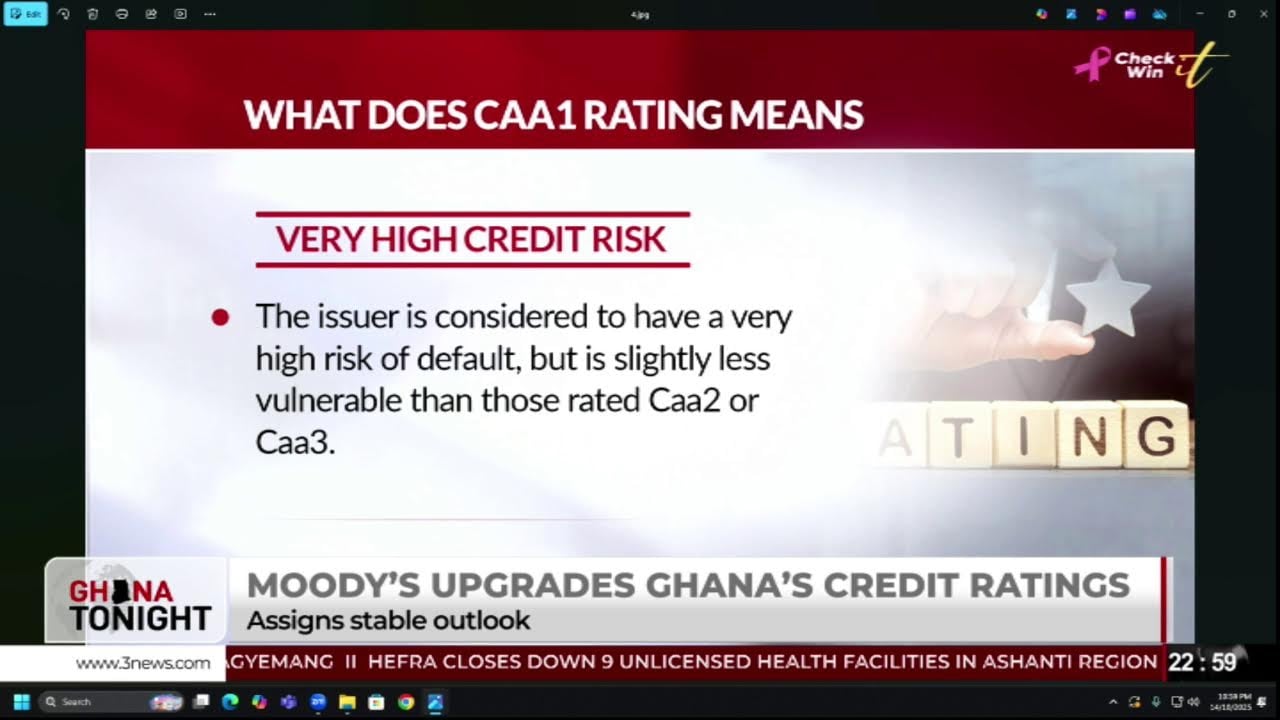
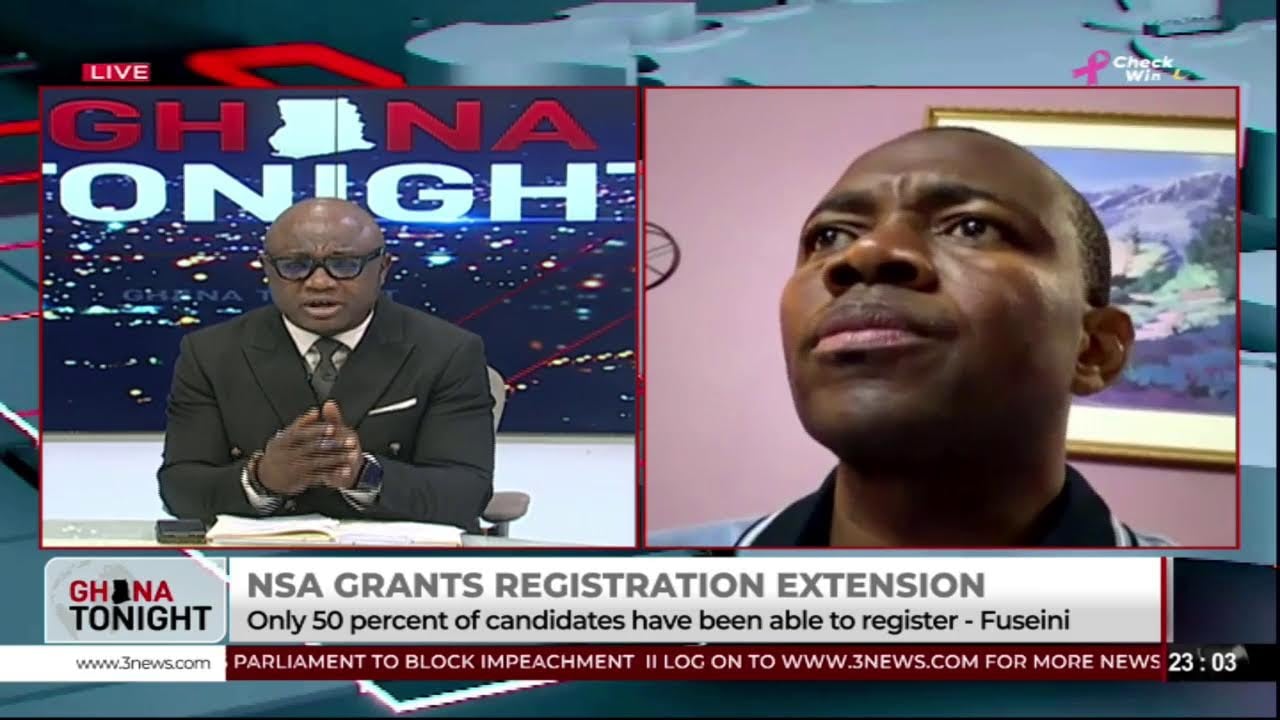
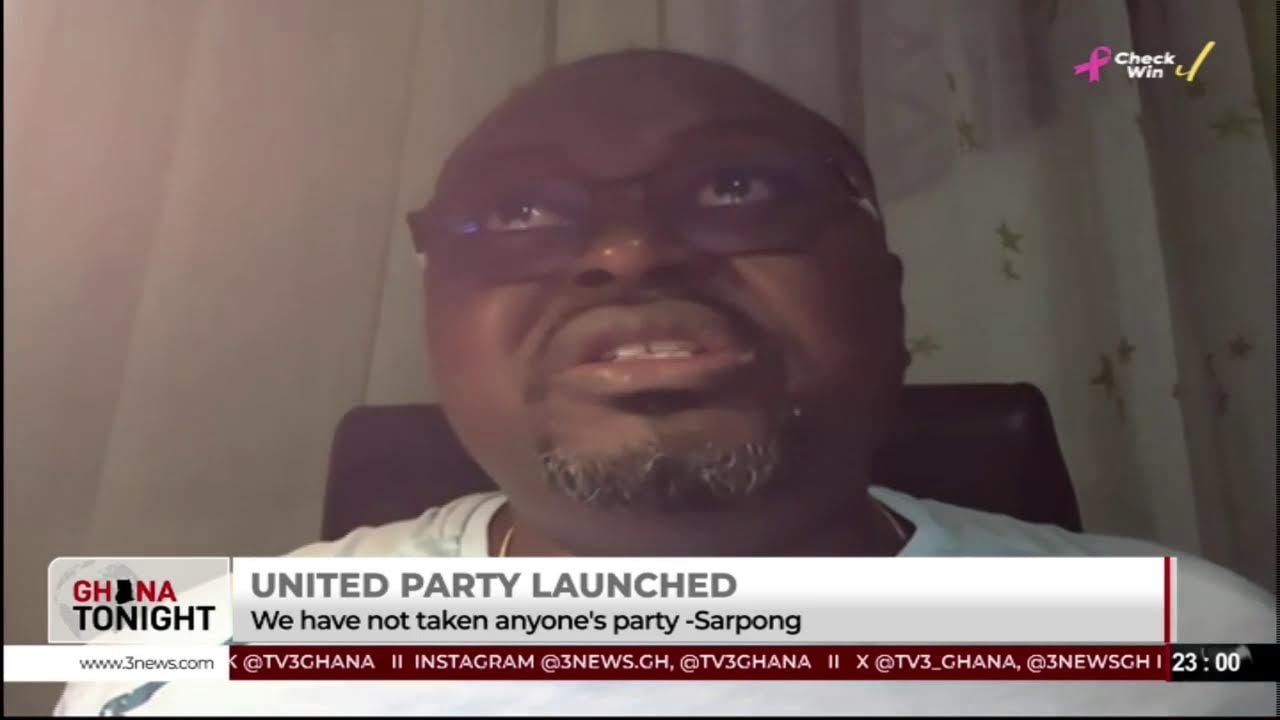
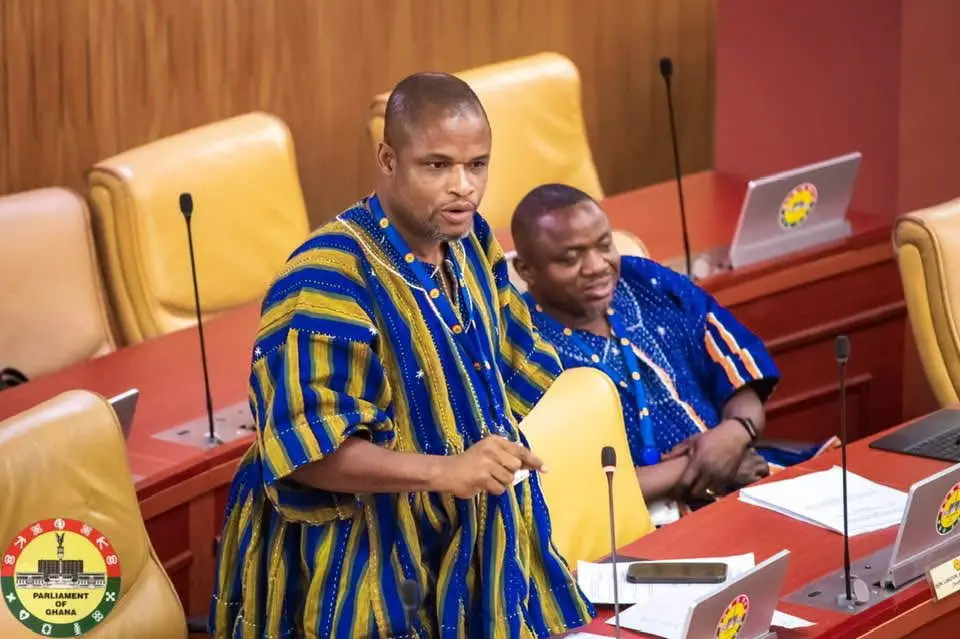


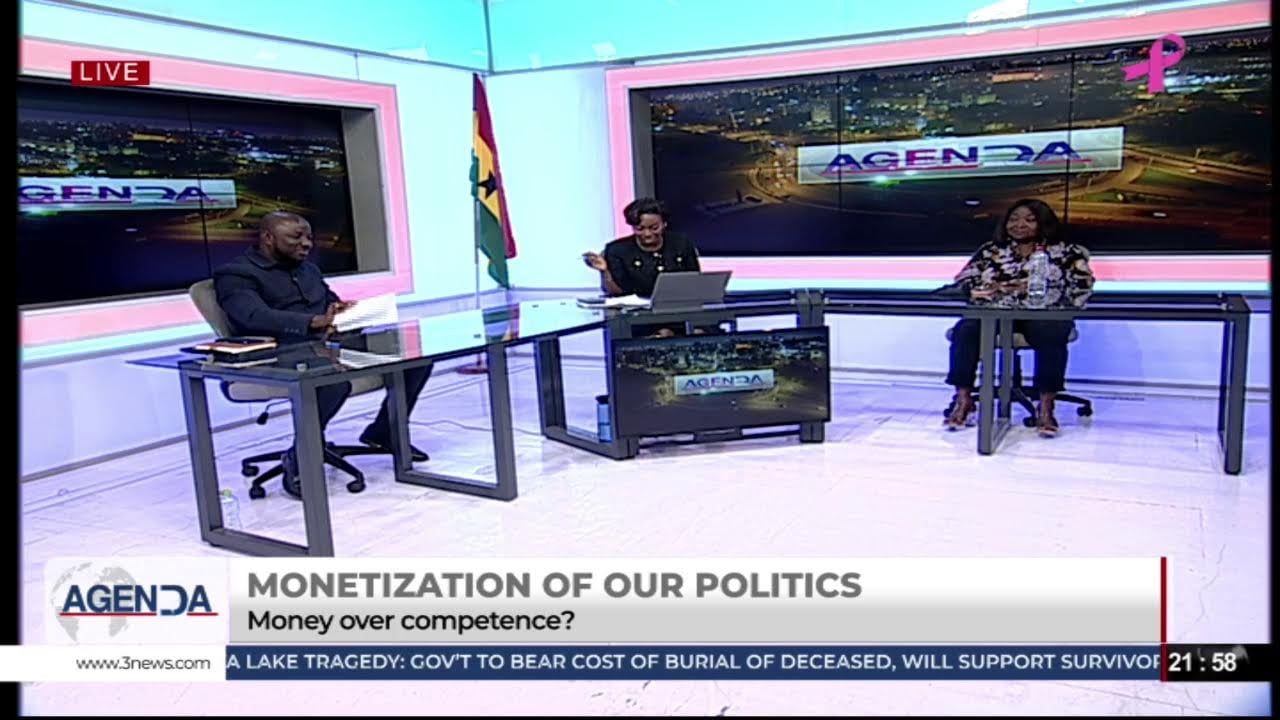


Facebook
Twitter
Pinterest
Instagram
Google+
YouTube
LinkedIn
RSS